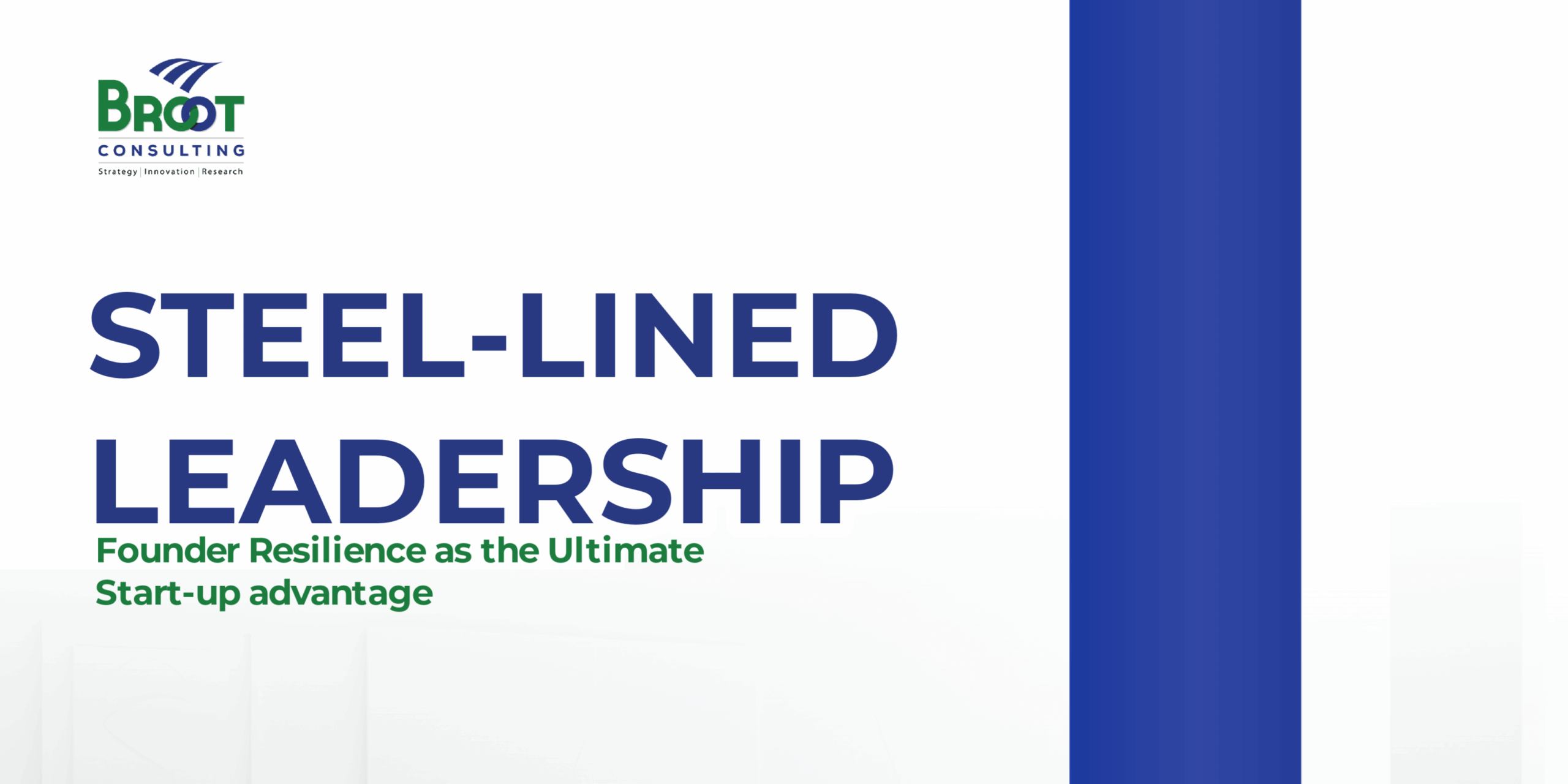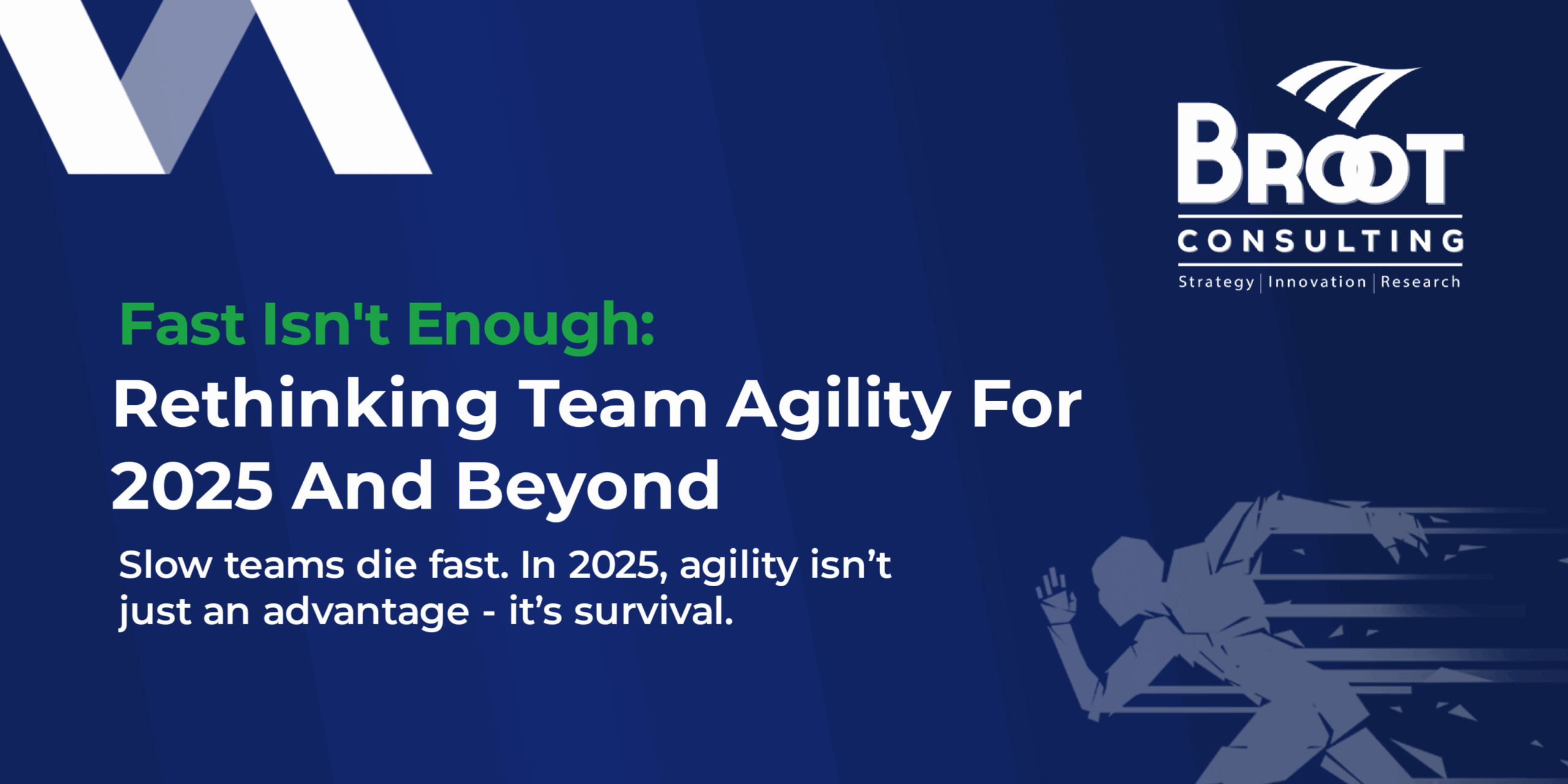The world is gradually shifting into an artificial intelligence Dominated Economy (AIDE). This new economy will significantly impact the future of work. As the discussion on AI and the future of work rages on, individuals must be aware of potential impacts, prepare for possible AI onslaught on current skills and leverage the technology for better productivity and efficiency. In today’s era, everyone must contemplate how technology, particularly Artificial Intelligence (AI), integrates with their career path. Questions like “How will AI affect my work?” “Will AI affect my current skills? “How can technology enhance my work?” and “How will AI improve my efficiency?” are vital questions that individuals must address. On a general note, political leaders must sincerely ask, “Will AI worsen the unemployment crisis in Africa.? This question is critical, considering the current unemployment level of the sub-regional economies. The 2024 unemployment projection shows South Africa is projected to have 29%, Nigeria 5.57%, Egypt 6.88%, Kenya 5.44%
Technology, now a permanent fixture in our work lives, aims to optimize productivity and effectiveness. AI is designed to augment our capabilities, pushing us towards greater efficiency and expansion. In Goldman Sachs’s estimation, AI is expected to affect 300 million full-time jobs. As large corporations embrace the power of AI to drive productivity and efficiency, the worldwide trend is anticipated to impact African livelihoods, AI will radically reshape industries, redefine skills and create new economies; the critical question for African countries is how best could African business and political leaders redirect and reshape the skills of the teeming African population to be prepared and leverage the tremendous benefits that come with the adoption of Artificial Intelligence?
Direct Impact of AI on Cognitive Skills
A noticeable workplace trend is that AI is reducing reliance on cognitive skills. While there’s a common concern that AI might render certain jobs obsolete, professionals need to view AI as a tool to enhance and expand their skill set. Just as humans evolve from relying on milk to consuming solid food, AI serves as a catalyst for us to unlock extraordinary abilities. Professionals are expected to adapt and thrive, leveraging AI to explore and master new field frontiers.
In Africa, the impact of technology is distinct due to the unique conditions prevalent across the continent. The advancement of technology is poised to significantly enhance the African economy, primarily through job creation and the flourishing of entrepreneurial ventures. A prime example is Nigeria, Africa’s largest economy, where introducing Point of Sale (POS) systems has generated employment. Currently, there are over 1.5 million POS agents in the country. Furthermore, internet services’ widespread availability, affordability, and popularity have been a game-changer in Nigeria, demonstrating the transformative potential of technology in African contexts. Technology has the potential for great influence in Africa’s informal and formal sectors. A report by the World Bank suggests that due to Africa’s relatively modest manufacturing sector, the risk of job displacement by automation in the near future is minimal. Concurrently, the adoption of digital technologies can assist businesses in lowering costs and prices, which could lead to expanded production and employment across various sectors. Additionally, the accessibility of the Internet and mobile applications can empower low-skilled workers by enhancing agricultural practices and improving market sales effectiveness.
A robust infrastructure is essential for technology to benefit the African work environment. 80% of the 760 million people without electricity are in Africa, while Internet access still stands at 43.1%. Reliable electricity and access to affordable, stable internet are fundamental for Africans to leverage technological advancements fully.
Moreover, governments must facilitate skill acquisition, particularly for lower-income people, enabling them to adapt and thrive in a digital economy. Considering the prevalence of the informal sector in Africa, where about 85.5% are employed in the informal sector, many individuals live in poverty and lack social safety nets, acquiring new skills is crucial. Employment in this sector, despite its challenges, offers a preferable alternative to complete unemployment. The future of work in Africa will embrace the impact of technology disruption, leading to innovation opportunities. Therefore, considering the peculiar situation in Africa, government policies should be influenced so that Africa can experience and enjoy the positive side of technology disruption.
The Anticipated Future
Paradigm Shift in Roles: We are witnessing a shift where humans increasingly support machines in producing outputs. This is evident with platforms like Chatgpt, where humans set up and configure the software to assist a broader audience in accomplishing tasks more efficiently. Individuals sometimes rely on AI, like Chatgpt, to handle tasks that require thinking, essentially outsourcing cognitive processes to technology.
Job Creation and Evolution: Success in the emerging work landscape will predominantly belong to those who adapt to technological advancements. This suggests a high demand for individuals with specialized systems engineering, robotics, and automation skills. However, it raises the question of whether everyone has the capacity or inclination to excel in these technical fields. Conversely, careers in arts and entertainment are likely to flourish as technology enhances creative expression, with a growing demand for their unique human-centric contributions. Survival in this evolving job market will require individuals to reskill or upskill.
Changing Job Landscape: The nature of in-demand jobs is shifting. Roles traditionally filled by humans, such as secretarial positions, are being replaced by AI and robotics. Creative professionals like photographers, videographers, and graphic artists must embrace modern software to stay relevant. Even teachers will have to upskill to be a good fit for the type of students in class. These are a set of students who have had early exposure to technology right from their kindergarten days. Technology enhances efficiency, allowing individuals to manage and accomplish more work. However, there has to be a place of acceptance and intentionality to thrive with technology. Consequently, there’s a growing demand for AI development, maintenance, and management skills.
Gig Economy: The gig economy has grown significantly and will grow further in the future. More people will settle for freelancing. Currently, we are experiencing a youth population that wants to join the gig economy rather than settle for full-time employment with an organization. The gig economy will also keep the supposed retirees active for longer because the gig economy is skill and output-driven and not guided by the restrictions accompanying the traditional formal work settings. This economy’s flexibility has significantly influenced experts’ approach to reward management. We have entered an era pointing to a future where only organizations that embrace flexibility can attract and retain the services of top talents.
Rise in Entrepreneurship: Entrepreneurship is poised to grow significantly, aided by technology that manages functions such as accounting, meeting summaries, scheduling, and implementation of human resource management strategies. This technological efficiency enables entrepreneurs to concentrate on the central aspects of their business, reducing the need for additional staff for administrative tasks and effectively cutting costs. Additionally, the widespread availability of global platforms improves business visibility and expands market access. There are numerous examples of entrepreneurs who, with minimal organizational structure, successfully showcase their products and services on social media and achieve considerable business success.
Increased Importance of Soft Skills: The importance of soft skills, such as emotional Intelligence and leadership, is growing in today’s workplace. As technology automates numerous aspects of jobs, the uniquely human qualities of empathy and emotional insight are more valuable than ever. This shift is also evident in business education, where management training has a growing focus on empathy and storytelling. Furthermore, technology has facilitated global communication, with platforms like Microsoft, Google, WhatsApp, and various other applications and software making it easier to connect across borders. Therefore, humans will increasingly have to pay attention to time management, emotional Intelligence, critical and creative thinking, leadership, and other soft skills.
Remote Work and Collaboration: Technology has globalized the workforce, enabling talents to work remotely for companies worldwide. This shift calls for more flexible company policies and reevaluating traditional work models to accommodate this global and efficient workforce. The world of work will see a future with more talent mobility. More so, businesses will be able to expand across regions with ease. Additionally, technology is playing a crucial role in providing virtual medical support, particularly for mental health and first aid. Moreover, it has made e-commerce widely accessible, demonstrating its positive influence across various facets of daily life and survival. With technology opening up a myriad of possibilities, the 24-hour day often seems insufficient, underscoring the importance of maintaining a healthy work-life balance.
Policy Implications: As artificial Intelligence (AI) becomes a more essential component of the workplace, new regulations will likely be developed to address privacy, ethics, and other aspects of AI integration. Additionally, increased advocacy will be necessary to raise government awareness about policies and regulations that support the digital and creative economy. These policies should focus on ensuring robust infrastructure and a commitment to reshaping education. This involves tailoring skill acquisition programs to be more efficient, reducing the time spent in educational institutions while providing applied, practical knowledge.
Redefined Work Processes and Roles: The growing interdependence between humans and AI necessitates a reevaluation of work processes and roles, adapting to this symbiotic relationship for optimal productivity and innovation. Many of the traditional workplace policies have been changed and will further change.
Thriving in the Future of Work
To successfully navigate the future of work, individuals must embrace certain critical practices. These include:
Networking and Community Engagement: Proficiency in networking is essential for making a significant career impact. Social skills, including networking, are crucial for staying relevant and proactive in the evolving work landscape.
Adaptability and Flexibility: Agility is mandatory in the contemporary work era. Professionals must be able to adapt swiftly, asking themselves how technology impacts their role and career. No career is immune to technological advancements. Staying informed and being ready to adjust quickly in response to rapid information flows is vital. This requires a mindset shift.
Lifelong Learning and a Growth Mindset: Continuous reskilling and upskilling are imperative for success in the future of work. Challenges should be viewed as opportunities for innovation, with problems serving as catalysts for new inventions. Therefore, critical thinking becomes a key skill.
Wellness Focus: The future of work will emphasize wellness more, as multiple tasks are managed simultaneously, and technology enhances efficiency. The façade of flexibility in the workplace could take a toll on individual health if there is no caution and proper life planning. In essence, there will be a growing need to focus on both personal and corporate wellness. With the rise of mental health concerns, dedicating attention to this area will be increasingly important.
In summary, AI is not an existential threat to Africa. The future of work demands a blend of interpersonal skills, adaptability, continuous learning, and a strong emphasis on mental and physical well-being to survive and thrive in the rapidly changing professional environment. Africa’s economy will not be easily disrupted by Artificial Intelligence, given the level of infrastructure development, education, and dominance of informal sectors, among others. However, the professionals with white-collar jobs need an immediate shift in skill sets; various African Governments have key roles to play in educating the citizens about how AI could impact their jobs and then creating robust infrastructural platforms that will enable the teeming African youth to embrace new skill sets required by an Artificial Intelligence dominated economy and then leverage on various opportunities presented by the technology to improve the socio-economic livelihood of the continent





